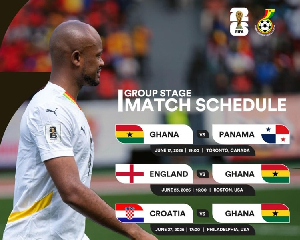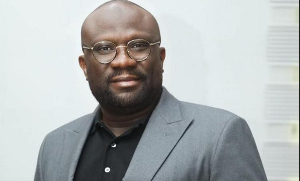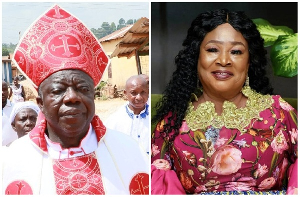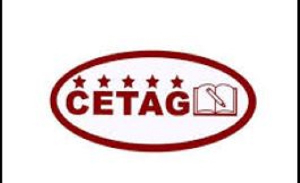The submission of no- case filed by Mr Mark Bosia, counsel for John Oji, a Nigerian, charged with the kidnapping of four Takoradi girls, in 2018, was dismissed by a Sekondi High Court on Monday.
Mr Bosia at the last sitting, last year, contended that prosecution had not provided sufficient evidence to link Oji, second accused, to the kidnappings and murder of the girls, and therefore, should be acquitted and discharged.
But, the court, presided by Justice Richard Adjei- Frempong, an Appeal Court Judge, sitting as an additional High Court Judge, ruled that the prosecution had given standard proofs and evidence, indicating that Oji conspired with first accused, Samuel Udoetuk Wills, to kidnap the girls.
The court noted that investigations showed that Wills on June 2018, kidnapped Ruth Abeka, at Fijai, in Takoradi, and he (Wills) also demanded ransom, after kidnapping three other girls.
Again, on December 22, 2018, Wills was arrested, but, escaped from police custody.
The judge said in 2019, DNA tests proved that the skeletal remains found at Nkroful in Takoradi were that of Priscilla Blessing Bentum, 21, Ruth Love Quayson, 18, Priscilla Mantebea Koranchie, 15 and Ruth Abeka,18, who were captured at different locations in the Sekondi-Takoradi metropolis.
The court said that the medical report from pathologists also proved that the skeletal remains were that of the four kidnapped girls.
The bill of indictment also showed the two accused persons agreed to act together and that they caused harm and that their acts which were unlawful.
Justice Adjei-Frempong mentioned that the testimony of the prosecution witnesses, investigation, interrogation, Facebook chats, itemised calls bills, statement by Wills and Oji, photos and videos, led the court to be satisfied that accused had a case to answer and rejected Oji’s alibi of being in Nigeria at the time of the crime.
The court also mentioned mobile phones, human hairs, blood-stained dresses, beads and panties, were a ‘huge mass of evidence’.
It also cited the conversion between the accused in which Oji and Wills agreed on a fee of GH50,000 for the kidnapping business.
Crime & Punishment of Thursday, 4 February 2021
Source: ghanaiantimes.com.gh













